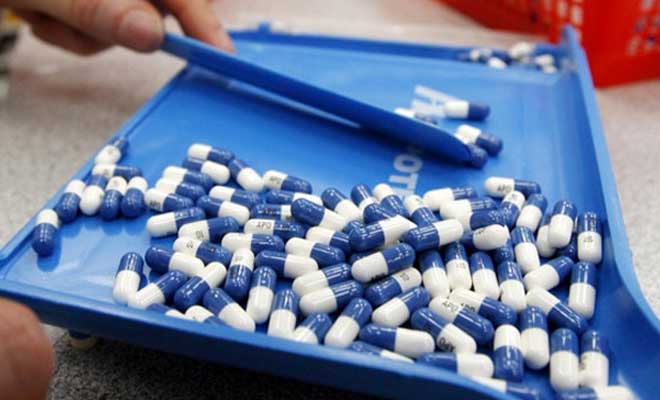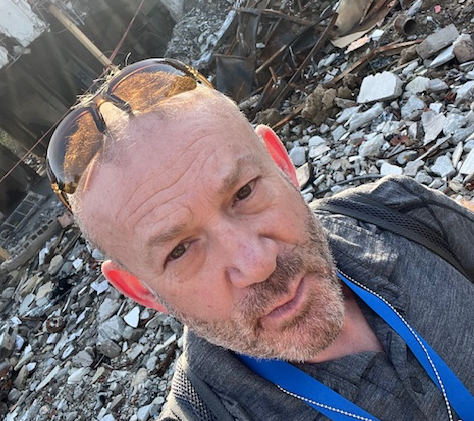
Discovering the Key to Reversing Cognitive Decline
Discovering the Key to Reversing Cognitive Decline
April 30, 2020
By Maya Mirsky, an Americans for Ben-Gurion University Fromson Fellow from the 2018 Murray Fromson Journalism Fellowship
J Weekly — Two Israeli researchers, one at Ben-Gurion University of the Negev and the other at UC Berkeley, have discovered a mechanism that may be responsible for some of the cognitive decline associated with aging. Not only that, they may have identified how to reverse that process, using a drug developed by a chemist in Menlo Park, California.
Prof. Alon Friedman, a neuroscientist and surgeon who established BGU’s Inter-Faculty Brain Sciences School, and longtime research partner, Daniela Kaufer, professor of integrative biology at UC Berkeley, have been looking for years at the brain-blood barrier, which serves as a filter for the brain.
While blood — and what’s in it — circulates around the body fairly freely, the brain is very selective in making sure nothing harmful comes through the barrier.
Now, in two papers published in December, they’ve presented their research on the way the blood-brain barrier changes with age and how to reverse the negative effects. Prof. Kaufer explains that the mechanism that keeps the brain filtering the blood stream can degenerate with age, the case for an estimated 60 percent of people over age 70.
Prof. Kaufer and Prof. Friedman had earlier discovered that the blood-brain barrier functioned poorly when someone was under stress or injured, which could account for a host of symptoms associated with head trauma, strokes or epilepsy. Older brains resemble injured brains in many, so it was natural for the scientists to turn their attention to aging, as well.
About 10 years ago, the two researchers found that the most common protein in the blood, albumin, caused inflammation when it leaked into the brain after head trauma. Recently the researchers infused albumin into the brains of young mice and saw that it made them resemble older mice with cognitive decline. In mice, that means being bad at mazes and other tasks.
They then tested senile mice to see whether blocking the mechanism (first through genetic manipulation, then using the drug developed by Barry Hart, a medicinal chemist at pharmaceutical company Virobay) could make their brains function as if they were young again.
“The answer was, yes,” Kaufer says. “You could.”
Conceivably, this discovery, culminating decades of work, could lead to therapies for the aging human brain.
One possibility is to use Hart’s drug to prevent the inflammation caused by a leaky blood-brain barrier.
To that end, Kaufer, Friedman and Hart have set up a Bay Area company to research the drug further, a necessary step to bring the medicine to market. Although there’s no way to rush a discovery like this into clinical use, Kaufer said she is motivated to make it happen as soon as possible.




